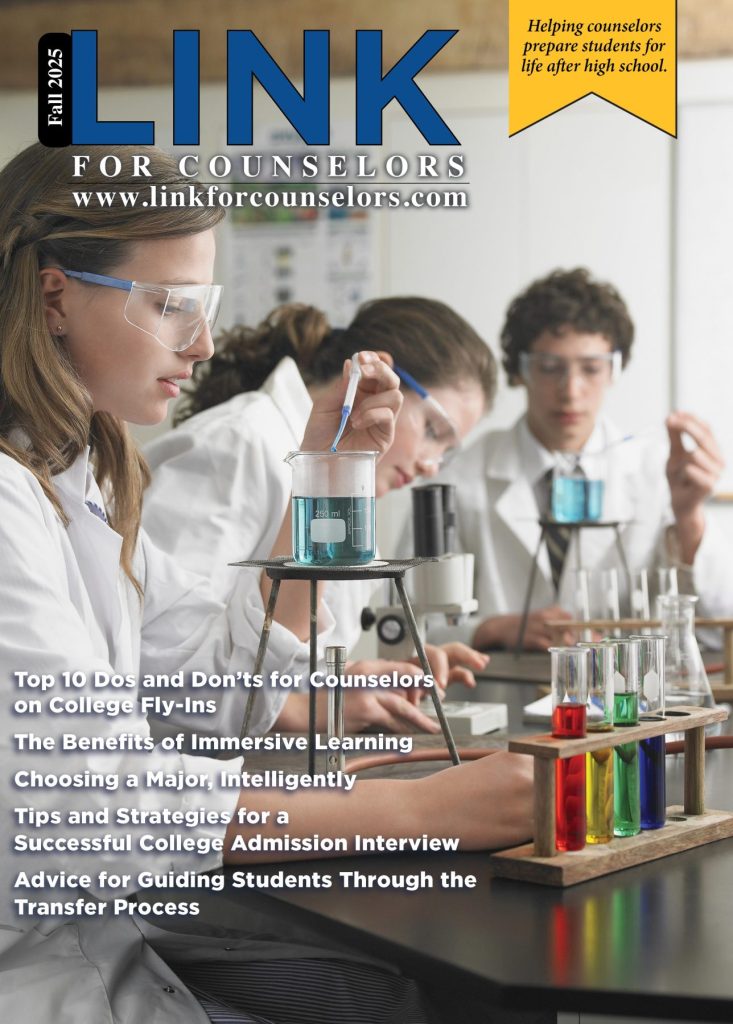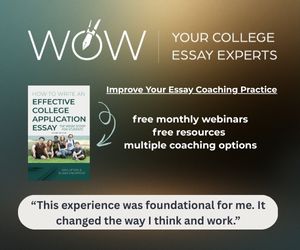Important Skills to Learn Before Heading to College
University life can be a place of culture shock for many freshmen. They aren’t used to the intense workloads. They don’t know how to make a budget, or simply to take care of themselves. As a guidance counselor, the goal is always to help your students maximize their success.
In this article, we look at skills high school students will need before they get to college. We also look at ways that you as a guidance counselor can help develop them.
Financial Planning
Everyone knows that college is expensive. The majority of these costs come after graduation. However, at university, students still have living expenses. Perhaps they are paying rent on an apartment or opting for groceries instead of the dining hall. Perhaps they simply want to be able to have a rich social life.
These things all cost money. Most high school students (most college students for that matter) don’t learn the money management skills they need to live independently.
If your school has personal finance or even home economics classes, emphasize their importance to the students who will be going off to college.
It can also help to simply sit down and discuss how they plan to pay for their college lifestyle. They will probably already have an idea of how they will finance the tuition, but chances are good that they don’t have a clear idea of how they will handle the rest of their expenses.
Work/Life Balance
Freshmen college students may also be unaware of how to budget their time. High school schedules more or less set themselves—particularly in households where parents have an influence on the amount of time the student spends studying.
New college students may have little idea how to achieve a healthy work-life balance. Some may work too hard, running the risk of burnout. Others may spend too much time focused on the social aspect of school.
Speak with your students about time management, and emphasize how important it is to finding success in college.
Self Care
Many freshmen college students are responsible for making their own health and wellness decisions for the first time in their lives. The “freshmen fifteen” as they call it is just one symptom of the way this can sometimes have problematic consequences.
Provide your students with an overview of self-care responsibilities like diet and exercise that will be completely in their hands once they get to college. Simply having advanced notice may help them make better decisions when they get there.
Writing and Research
Few high schools emphasize writing and research to the same extent that the average university will. Regardless of what course of study your students take, chances are good they will deal regularly with big papers and dense texts.
As a guidance counselor, you may not be able to gear your school’s curriculum toward research readiness, but it may be possible to identify students who are most likely to struggle with this aspect of university life and help them prepare for it.
Even the occasional tutoring session may be enough to help them begin to prepare for the work they will encounter at university.
Stress Management
For many students, college is their first exposure to significant stress. Kids who were bright in high school may find that their coursework isn’t the breeze it used to be. Kids who struggled are only likely to struggle more.
Stress in college is close to universal. That doesn’t mean it needs to be overwhelming.
Talk to your students about what triggers their stress now, and how they manage it. You may find it worthwhile to run through likely college scenarios (late-night study sessions, juggling large assignments, dealing with difficult concepts, etc.). Ask your students what they would do to manage their stress during these difficult times.
They may benefit simply from knowing what to expect. Early notice will also give them the opportunity to prepare a stress management plan.
Career Readiness
Freshmen college students often look at university life as an extension of high school. In some ways, it can be similar—particularly as they work through their requisite classes. However, around sophomore year, the situation shifts significantly towards career readiness.
Students who go into college with an idea of what they would like to do professionally are more likely to pick a major that they like and stick with it. Not only does this increase their chances of graduating on time, but it also boosts the odds of them emerging at the other end of their education with the skills they need to get a good job.
Asking for Help
Finally, make sure the students you send off to college will be ready to ask for help when they need it. Most universities have significant infrastructure in place, both for meeting students’ academic and emotional needs. By making your students aware of these resources, and encouraging them to take advantage of them, you can help reduce their odds of burnout and increase their odds of finding success at college.




